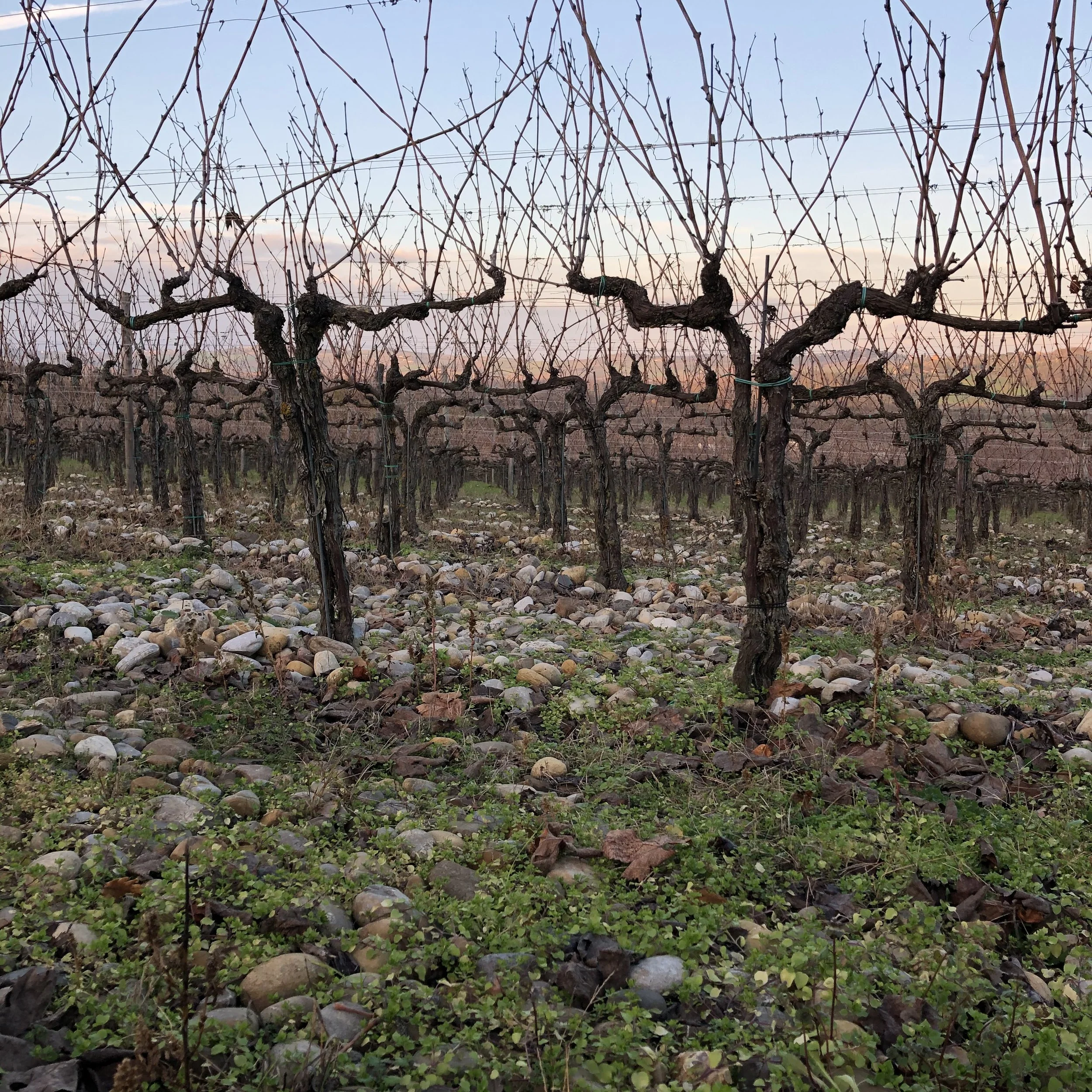
Colle Santa Mustiola
Fabio Cenni, deeply rooted in Siena's Etruscan heritage, reveres Sangiovese, tracing back over 2000 years of viticulture in Chiusi.
His "Poggio ai Chiari" wines, crafted from organically farmed vineyards, reflect the area's sandy soils and temperate climate, influenced by the nearby Lake Chiusi.
Fabio began studying his grandfather’s Sangiovese vines, and preserving each fascinating clone, when he took over his family’s vineyard and cellar in the 1980’s. He discovered 28 distinct Sangiovese clones, including four pre-phylloxera vines. Through massal selection and agronomical studies, he meticulously nurtured these clones, with guidance from esteemed friend Luigi Veronelli.
Today, Fabio is celebrated not only for his exceptional Sangiovese wines but also as a custodian of Tuscan viticultural heritage. His dedication to preserving ancient clones and crafting wines of elegance underscores his status as a Sangiovese virtuoso, perpetuating a legacy of excellence in Chiusi's winemaking tradition.
Available Wines:
-

"VignaFlavia" Sangiovese Toscano IGT
100% Sangiovese, from 5 different clones. Vignaflavia is the introduction to Fabio Cenni’s lifelong commitment to Sangiovese, showing the incredible character of this variety, able to provide unmatched drinkability with fruit, acidity and tannins all beautifully combined.
Spontaneous fermentation in steel tanks, 40 days of maceration. Aged 4 years in large Slovenian oak Botti, and at least 3 years in bottle.
-

"Poggio ai Chiari" Sangiovese Toscano IGT
100% Sangiovese, 28 different clones (of which 4 pre-phylloxera). Fabio Cenni’s brainchild, born from his dedication to this grape and perfected with decades of studying and experimenting. This is an ode to Sangiovese’s potential in creating wines of depth, complexity, elegance and unique personality.
Spontaneous fermentation in steel tanks. 40 days of maceration. 7-8 years of aging in mostly used French barriques and Slovenian large casks, then 3 years in bottle before release.
New label (left) from the 2010 vintage onward.
